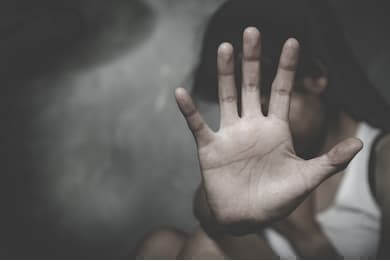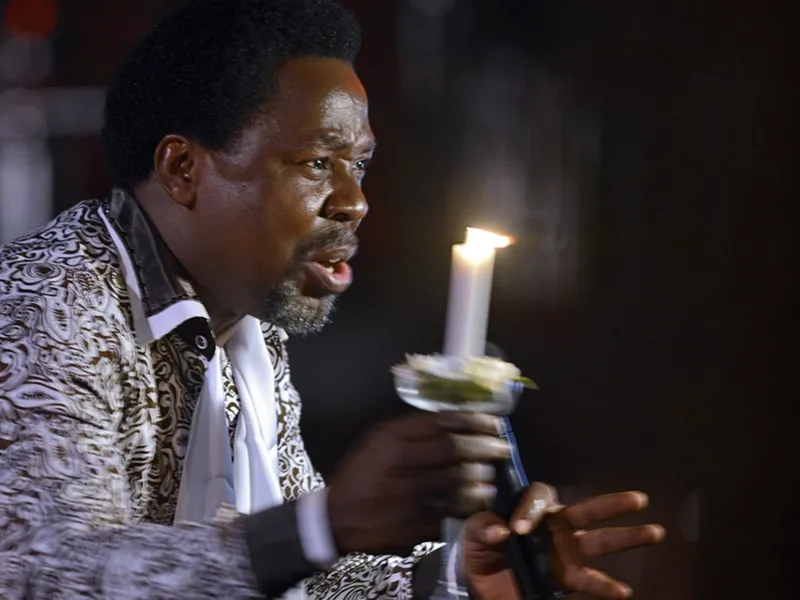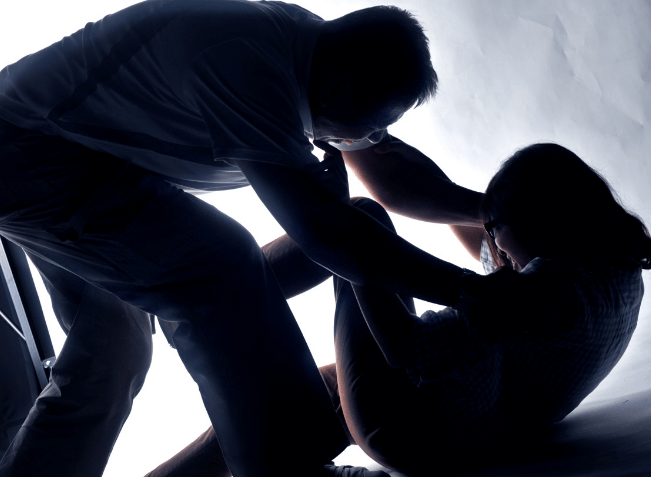Dare to live again! … How to deal with rape and sexual trauma

By Onyinyechi Nwankwo
The year 2019 was characterised by the rise of the #MeToo movement in the US and Europe, as scores of women came forward with their own stories of rape and sexual harassment.
In 2020, we currently witnessing similar trend again.
While the dawn of the year has so far been overshadowed by the COVID 19 Pandemic, the last few weeks in Nigeria have seen rape and other forms of sexual assault assumed the spotlight than ever.
This is not unconnected to the recent cases of rape and gruesome murder of victims by their attackers across the country.
There was the gruesome gang-rape and murder of Vera Uwaila Omozuwa, a 100-level student of the University of Benin (UNIBEN) right inside a church!
There was also the rape and murder of Barakat Bello, an 18-year-old lady, at her father’s residence in Ibadan.
These incidents have prompted accusations by some activists that Nigeria has a “rape culture” or what some called, a rape apology culture, where excuses are made for rapists to absolve them of their evil acts while blaming the victims.
The question then arises: What really is rape? Legally, rape is a type of sexual assault usually involving sexual intercourse or other forms of sexual penetration carried out on a person without that person’s consent.
The act may be carried out by physical force, coercion, abuse of authority, or against a person who is incapable of giving valid consent, such as one who is unconscious, incapacitated, has intellectual disability or is below the legal age of consent.
So in the local parlance in Nigeria, if someone says “I no do again, or I no gree and you no stop, na rape be that.”
We’ve all heard stories of lecturers using their positions of authority to demand sexual favours from their students in exchange for marks. That is also not a business transaction, but rape.
Statistically speaking, the majority of rape cases are perpetrated by people close to the victim; family members, dates, acquaintances, e.t.c. This also feeds into the victim blaming, as rape victims are more likely to be blamed when they are raped by an acquaintance or a date rather than by a stranger which seems to evoke the stereotype that victims really want to have sex because they know their attacker and perhaps even went out on a date with him.
Rape incidents are generally classified into categories that describe the relationship of the perpetrator to the victim and the context of the sexual assault. They include: date rape, gang rape, marital rape, incestual rape, child sexual abuse, prison rape, acquaintance rape, war rape and statutory rape.
There are different motives for rape and they include: anger, power, sadism, sexual gratification among others. The effects of rape are both immediate and far reaching, with victims suffering from depression, loss of self esteem and becoming more at risk of developing substance abuse and eating disorders. The traumatic experience may even adversely affect the victim’s ability to develop healthy, loving relationships and even their ability to enjoy sex later on in life.
Nevertheless, treatment can be lengthy and challenging for both the counselor and he patient. It also depends largely on the expertise of the counselor. Patience is the key factor when dealing with a rape victim.
To the rape victim
Maybe you’ve not been your normal self again. Maybe nightmares now plague your once peaceful nights. Maybe you feel used, abused, and dirty. Maybe food is now your refugee and you have developed an eating disorder.
One thing I want you to know is that above everything else God loves you. Settle that in your heart and let Him help you get your life back. You still have your whole life ahead of you and you can’t remain a shadow of yourself. You have to choose to be free. Look the devil in the eye and tell him that Jesus is the new Management of your life. He’s in charge now and He knows the plans that He has for you, plans of good and not of evil, to give you an expected end.
You’re not what you feel – you are chosen from before the foundation of the world to be without blame in Him in love.
You’re not what people think – you are accepted in the beloved.
You’re not your circumstances – you are seated together in Heavenly places with Christ Jesus.
You’re loved by GOD
You’re who He says you are.
Go to a counsellor, talk to someone you trust, read books that’d help you heal and pray if you have to. Never forget that what God said about you is what matters and not your circumstances.
Dare to live again!


